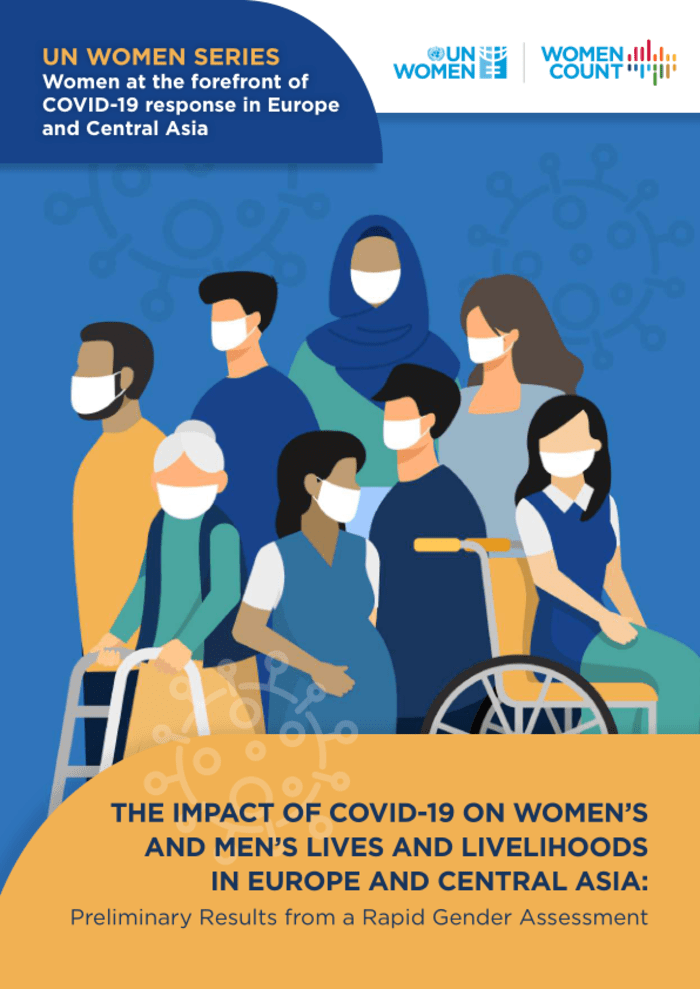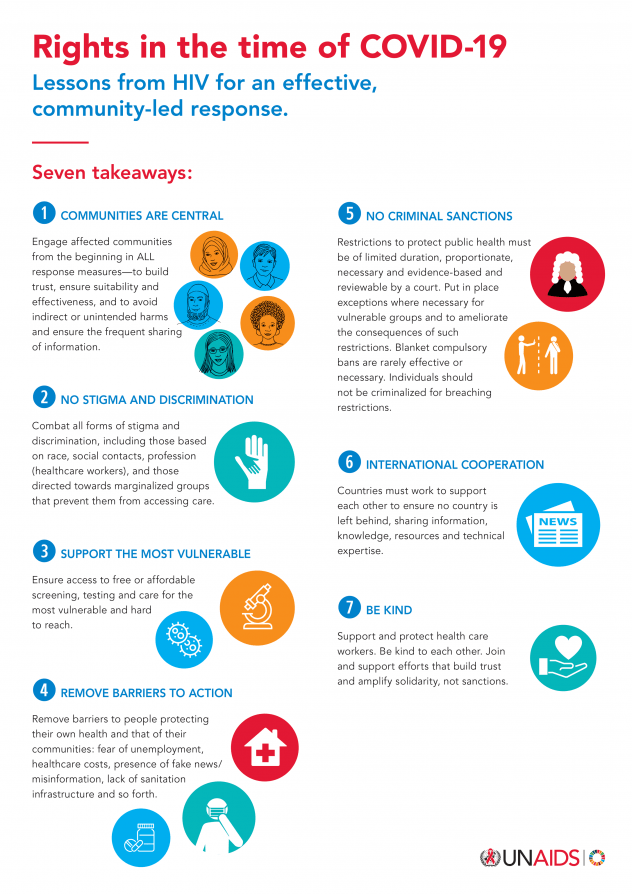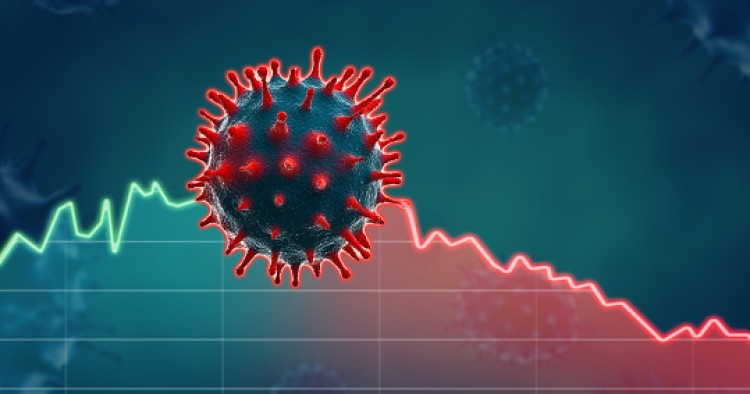Table of Content:
- Origins and Transmission
- Global Impact
- Healthcare Heroes
- Advancements in Science and Technology
- Social and Mental Health Impact
- Health Disparities
- Global Cooperation and Solidarity
- Remote Work and Digital Transformation
- Education in the Digital Age
- Environmental Impact
The year 2020 brought with it an unprecedented challenge in the form of the COVID-19 pandemic, caused by the novel coronavirus SARS-CoV-2. This viral outbreak quickly evolved into a global health crisis, affecting millions of lives and economies worldwide. In this article, we will explore the origins, transmission, impact, and lessons learned from COVID-19, highlighting the importance of preparedness and unity in combating future health crises.

Origins and Transmission
COVID-19 was first identified in Wuhan, China, in late 2019 and rapidly spread to other countries. The virus primarily spreads through respiratory droplets when an infected person coughs, sneezes, or talks. Asymptomatic transmission further complicated efforts to control its spread. Although its origin remains a subject of scientific investigation, evidence points towards a zoonotic transmission from bats to humans, possibly via an intermediate host.
Global Impact
The pandemic's rapid escalation led to an overwhelming strain on healthcare systems, causing shortages of medical supplies, hospital beds, and healthcare workers. Countries worldwide implemented various measures, including lockdowns, travel restrictions, social distancing, and face mask mandates, to slow the virus's spread. These measures had severe economic consequences, leading to widespread job losses, business closures, and an inevitable recession.
Healthcare Heroes
In the face of this unprecedented challenge, frontline healthcare workers emerged as heroes, risking their lives to save others. Their dedication, resilience, and selflessness highlighted the importance of a well-prepared healthcare system, proper training, and adequate protective gear for healthcare professionals.
![]()
Advancements in Science and Technology
The pandemic accelerated scientific research, leading to a remarkable achievement—the development of multiple vaccines in record time. Collaborations between governments, private sectors, and research institutions demonstrated the power of collective action in the face of a global health crisis. These advancements laid the foundation for future vaccine development and response strategies.
Social and Mental Health Impact
The pandemic profoundly impacted mental health, leading to increased stress, anxiety, and depression. Social isolation, uncertainties, and fear of infection further exacerbated these challenges. Governments and organizations recognized the need for mental health support systems, emphasizing the importance of building resilient communities.
Health Disparities
COVID-19 disproportionately affected vulnerable populations, including the elderly, people with underlying health conditions, and low-income communities. The pandemic exposed existing health disparities, highlighting the need for equitable healthcare access and proactive measures to protect vulnerable groups.

Global Cooperation and Solidarity
The pandemic demonstrated the significance of international collaboration and information-sharing to combat a global health threat effectively. Nations united to exchange data, knowledge, and resources, emphasizing that global challenges require global solutions.
Remote Work and Digital Transformation
Lockdowns and social distancing measures forced businesses and individuals to adapt rapidly. Remote work became the norm, accelerating the adoption of digital technologies and telemedicine. This shift highlighted the importance of digital infrastructure and the potential for increased efficiency in various sectors.
Education in the Digital Age
Schools and universities faced unprecedented challenges during the pandemic. Remote learning became the primary mode of education, exposing the digital divide and the need for equitable access to education for all students. It also prompted a reevaluation of traditional teaching methods and the integration of technology in the education system.
Environmental Impact
As transportation and industrial activities slowed down, there was a temporary reduction in air pollution and carbon emissions. This silver lining underscored the significance of sustainable practices and brought attention to the potential benefits of transitioning to cleaner energy sources.

The COVID-19 pandemic was a wake-up call for the world, revealing vulnerabilities in our healthcare systems, economies, and social structures. However, it also showcased the resilience, adaptability, and unity of humanity when faced with a common threat. As we move forward, it is crucial to learn from these experiences, invest in pandemic preparedness, prioritize equitable healthcare, and foster global cooperation to tackle future challenges. Only through collective action and empathy can we build a safer, more resilient world for generations to come.


You must be logged in to post a comment.